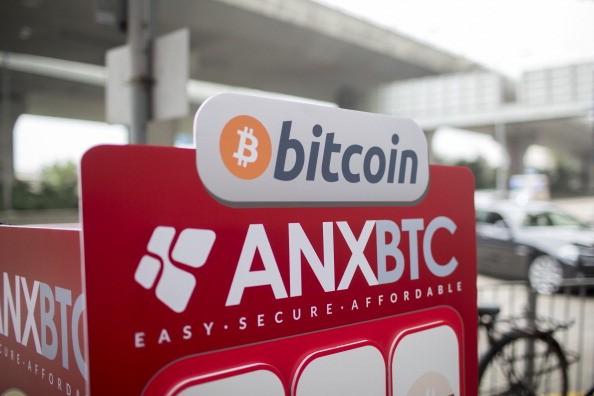Chinese financial regulators led by the People's Bank of China (PBOC), are moving closer to adopting a clear and official regulation to manage the operation of bitcoin exchanges in the country, Business Insider reported.
Early this week, the Chinese media cited Zhou Xuedong, director of the PBOC's Business Administration unit, as saying that they would "adopt a forgiving attitude" toward domestic bitcoin exchanges, adding that they would set up an "observation period" to give them more time and ensure that they would comply with financial regulations.
Xuedong also said that exchanges that would fail to correct their violations will eventually be blacklisted by the PBOC.
The PBOC also specified the violations that would lead a bitcoin exchange to be blacklisted. Some of the violations were already part of existing regulation and the others are more related to bitcoin. These violations include the following:
- Violating laws related to anti-money laundering or foreign exchange laws
- Tax evasion
- False advertising and engaging in Ponzi scheme
- Offering credit, securities and futures trading without proper license
- Leverage and margin trade offering
- Artificially inflating trading volumes by not charging fees on trades
- Allowing customers to replace bitcoin for fiat currency to buy goods
The report said that PBOC's move to clarify infringements acts indicates as a first step toward building a clearer regulatory environment, which will lead to the implementation of an official framework for bitcoin exchange, and China's bitcoin rules, including the granting of licenses for industry players in the local bitcoin market.
Meanwhile, a growing number of finance firms in the country are keen on using blockchain technology, which powers bitcoin and other cryptocurrencies, for its potential use in streamlining processes and boosting efficiency.
Santander said that the technology can reduce cost by about $20 billion annually by 2022.
Operating as a distributed ledger, blockchain can allow multiple parties to transfer and store information in a safe, secure, permanent, and anonymous space, which can also be easily accessed. The technology can also simplify complicated financial systems such as cross-border remittances and transfer, shareholder management, ownership exchange and securities trading. It can also provide better record-keeping for sectors such as government, finance, and the music industry.
Currently, venture capitalists and financial institutions are making investments into developing and testing the blockchain technology. More than 50 major financial institutions are now involved in blockchain startups, making research on the technology or financing startups developing products related to blockchain.



























